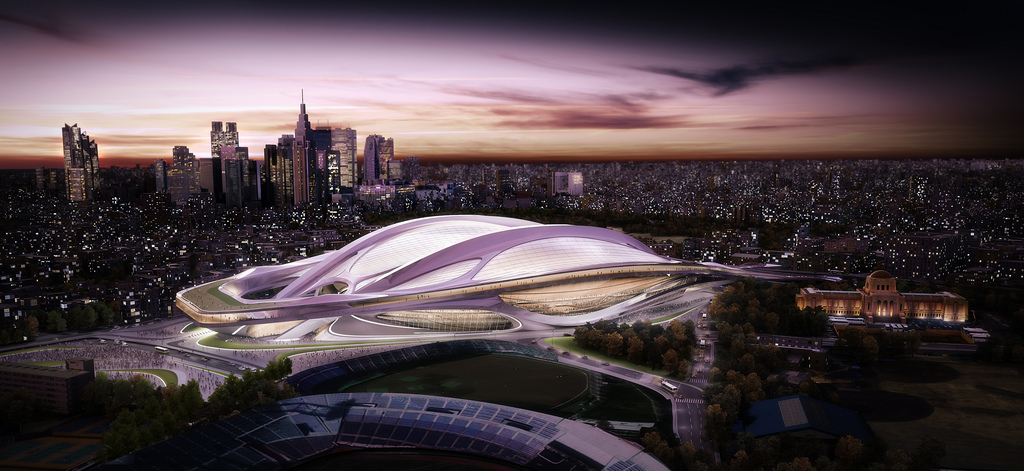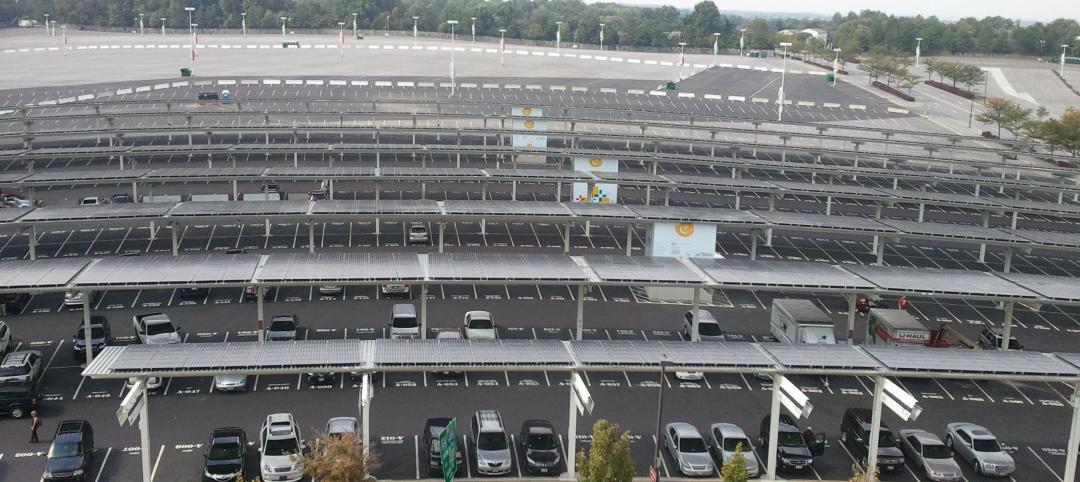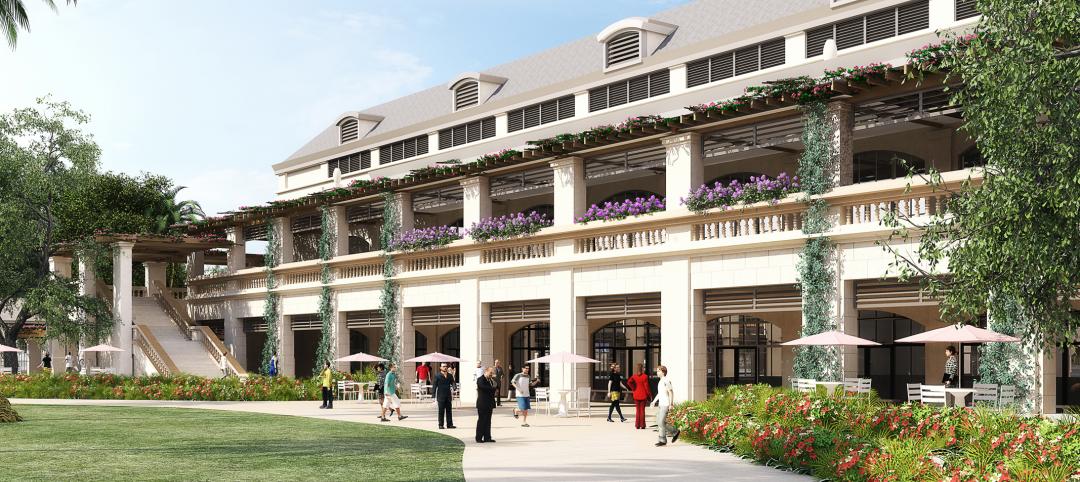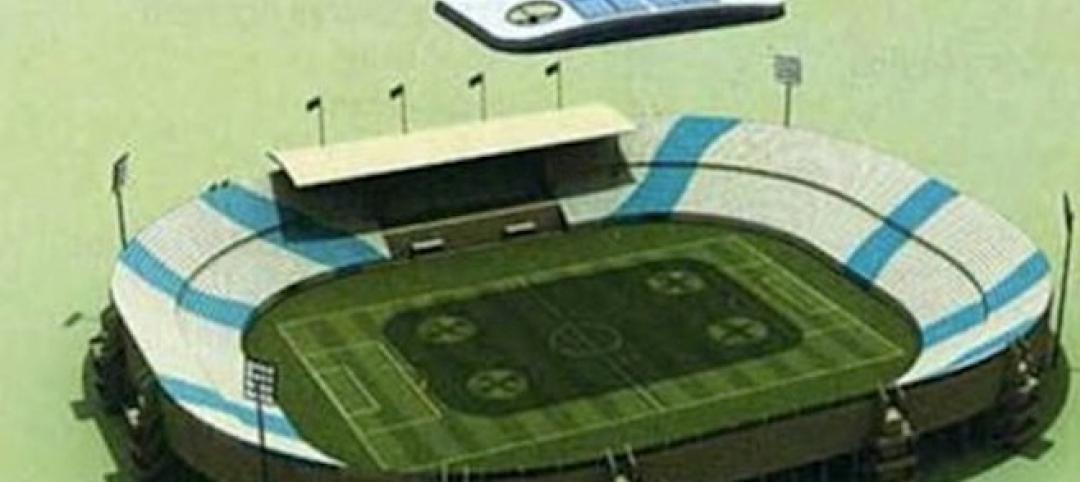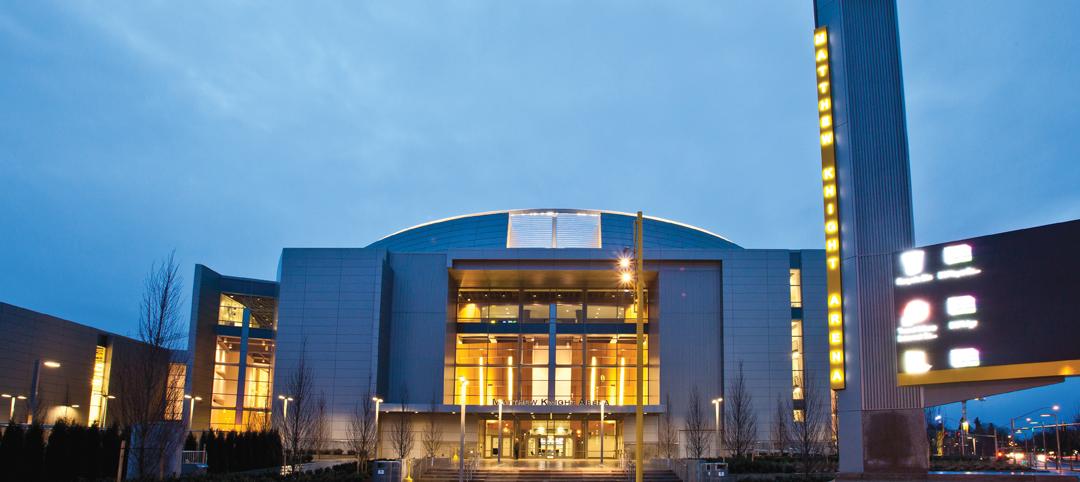Last week, Japan Prime Minister Shinzo Abe announced that the country was scrapping its plans for Tokyo's Olympic Stadium and that a different project would be started from scratch.
According to The Japan Times, the new plans have been set in motion. Construction on the stadium that will serve as the hub of the 2020 Tokyo Olympics will begin in January or February, and a first draft of the stadium's functions, along with a cost projection report, will be completed by the fall. A new design and builder will be selected as well.
Hakubun Shimomura, Japan's Minister of Education, Culture, Sports, Science and Technology, said that a third-party will look into how construction costs for the previous stadium plan grew from 130 billion yen ($1.05 billion) to more than 252 billion yen (around $2 billion).
The original stadium, an 80,000-seat retractable roof venue designed by Zaha Hadid Architects, was an ambitious project that eventually had a number of flaws. Along with the rising costs and concerns about construction delays, critics said that the stadium interfered with local green space, put a financial burden on future generations, and was unattractive aesthetically.
Pritzker laureates Toyo Ito and Fumihiko Maki started an online petition that urged the country to consider upgrading the existing Meiji Jingo Gaien Stadium instead of displacing citizens who lived around the proposed Olympic Stadium.
Shimomura said that the plan is for the new stadium to open in the spring of 2020, prior to the Olympics.
Related Stories
| Sep 30, 2011
Design your own floor program
Program allows users to choose from a variety of flooring and line accent colors to create unique floor designs to complement any athletic facility.
| Sep 16, 2011
Largest solar installation completed at Redskins' football stadium
On game days, solar power can provide up to 20% of FedExField’s power.
| Sep 12, 2011
First phase of plan to revitalize Florida's Hialeah Park announced
This is the first project of a master plan developed to revive the historic racetrack.
| May 25, 2011
Olympic site spurs green building movement in UK
London's environmentally friendly 2012 Olympic venues are fuelling a green building movement in Britain.
| Apr 11, 2011
Wind turbines to generate power for new UNT football stadium
The University of North Texas has received a $2 million grant from the State Energy Conservation Office to install three wind turbines that will feed the electrical grid and provide power to UNT’s new football stadium.
| Apr 5, 2011
U.S. sports industry leads charge in meeting environmental challenges
The U.S. sports industry generates $414 billion annually. The amount of energy being consumed is not often thought of by fans when heading to the stadium or ballpark, but these stadiums, parks, and arenas use massive quantities of energy. Now sports leagues in North America are making a play to curb the waste and score environmental gains.
| Mar 25, 2011
Qatar World Cup may feature carbon-fiber ‘clouds’
Engineers at Qatar University’s Department of Mechanical and Industrial Engineering are busy developing what they believe could act as artificial “clouds,” man-made saucer-type structures suspended over a given soccer stadium, working to shield tens of thousands of spectators from suffocating summer temperatures that regularly top 115 degrees Fahrenheit.
| Mar 11, 2011
University of Oregon scores with new $227 million basketball arena
The University of Oregon’s Matthew Knight Arena opened January 13 with a men’s basketball game against USC where the Ducks beat the Trojans, 68-62. The $227 million arena, which replaces the school’s 84-year-old McArthur Court, has a seating bowl pitched at 36 degrees to replicate the close-to-the-action feel of the smaller arena it replaced, although this new one accommodates 12,364 fans.


